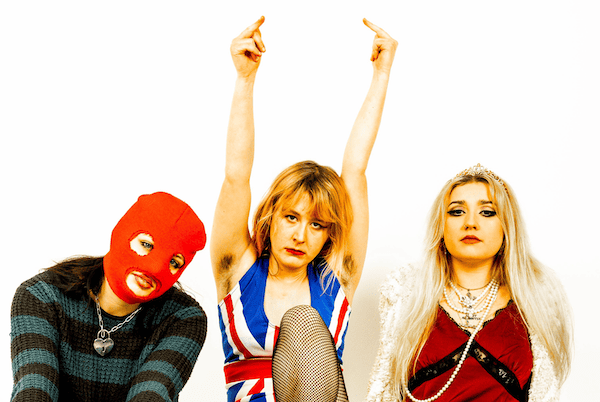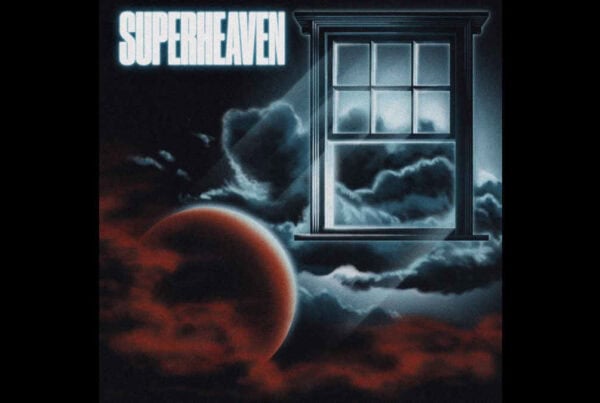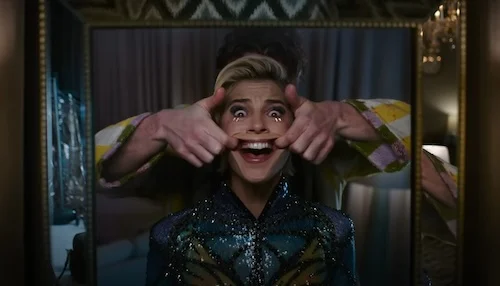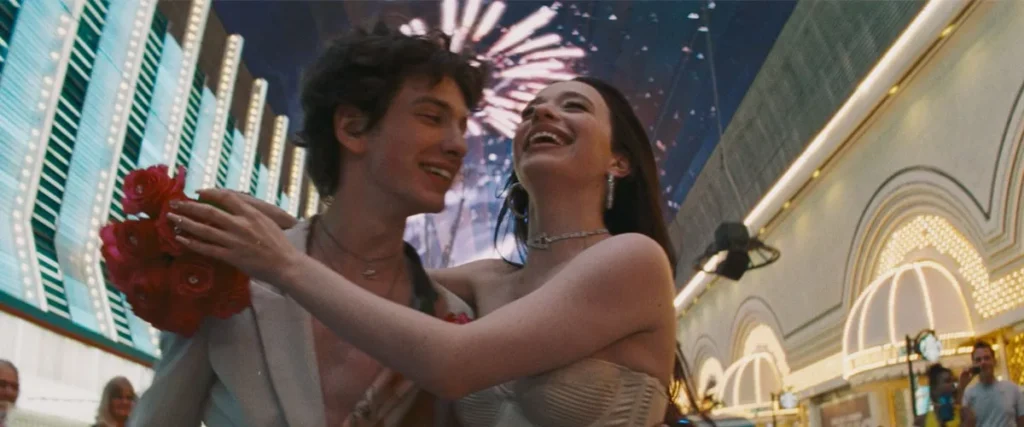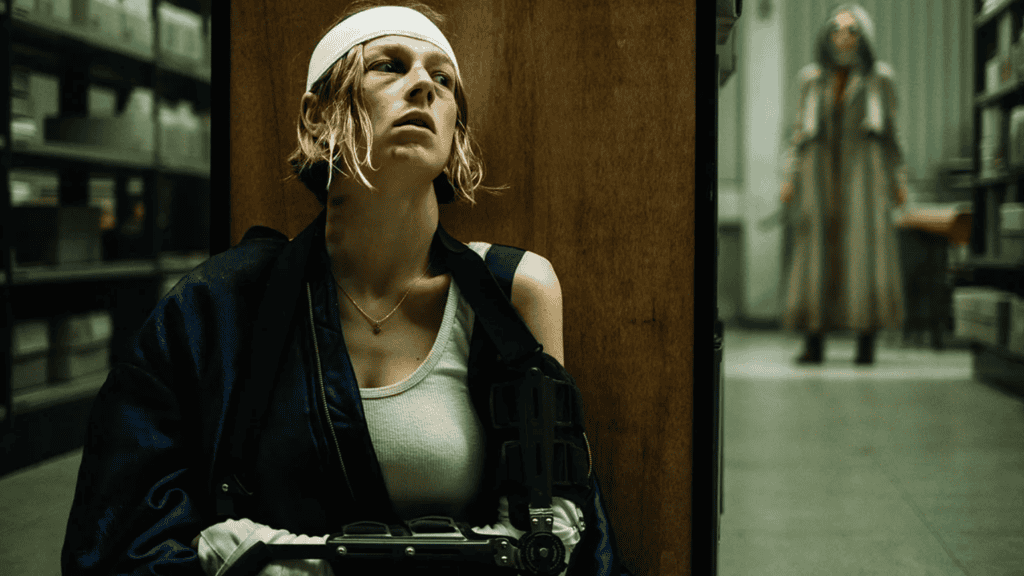Rejoice Blade Runner fans. Normally a sequel released released 35 years after the original would set off alarm bells, and it did for many when it was first announced, but Blade Runner 2049 is that rarest of creatures, a worthy sequel that builds on its predecessor and maintains a lot of what made the first film a valuable work, arguably expanding on it to create something that transcends the original.
Set 30 years on from the 1982 film, the film follows the tale of K, played by Ryan Gosling, a self-aware newer replicant model who is part of the police force in a new society that has integrated the androids in to society. He works as a so-called ‘blade runner’ for the LAPD, hunting old, rogue replicant models in a very similar way to Harrison Ford’s Deckard back in the first film. Soon, the story becomes more complicated than he or his superiors anticipated, and K and a much older Deckard become embroiled in something that could affect the fate of both humans and replicants everywhere.
Director Denis Villeneuve (Arrival; Sicario) is arguably one of the greatest behind the camera in the modern era, his work in previous years proving the degree of his acumen, and this franchise is absolutely in safe hands with him. Villeneuve allows the camera to linger on the film’s beautiful landscapes, the neon glint washing over the screen just like it did in the original, creating an atmosphere drenched in the same futuristic dystopia that worked so well before. Villeneuve isn’t afraid to linger in general, allowing the film to soak through the screen rather than attempt to grab attention aggressively with fast edits. The pace is dictated by the themes, the nature of its contemplation, and the way in which it addresses what makes people human, whether replicant or not. The world has become bleaker, in contrast to cinematographer Roger Deakins’ vibrant work, and the dichotomies of the first film are brought in to even more stark relief.
Obviously this makes it unusual ‘blockbuster’ fare, and a mark of its deliberate pace is its run-time as the film comes in at 163 minutes, not afraid to sacrifice snappiness for thoughtfulness. The characters are lost in a mire of blurred lines and contradictions, made to question and rationalise their allegiances and convictions. Gosling’s K is a great example of this, and he is perfectly cast for a performance that requires subtlety rather than over-the-top emotion. Ford is arguably better than he was in the original, and the likes of Sylvia Hoeks and Robin Wright make for excellent support characters, all of whom spin the web of confusion that K has to navigate.
Blade Runner 2049 is a film for fans of thoughtful sci-fi, and one that will please fans of the original. Its aesthetics are incredible, bolstered by amazing sound work and a great soundtrack by Hans Zimmer and Benjamin Wallfisch, and while its slow pace can be distracting, its deliberation is not so that it can relish its own visuals, which are breathtaking in and of themselves. It is to allow the philosophy that permeates through Philip K. Dick’s original source work to come through, something Villeneuve has always been a master at doing. The more you think about 2049, the more it resonates, and that’s a sign of its success.
To see when the film is showing click here


